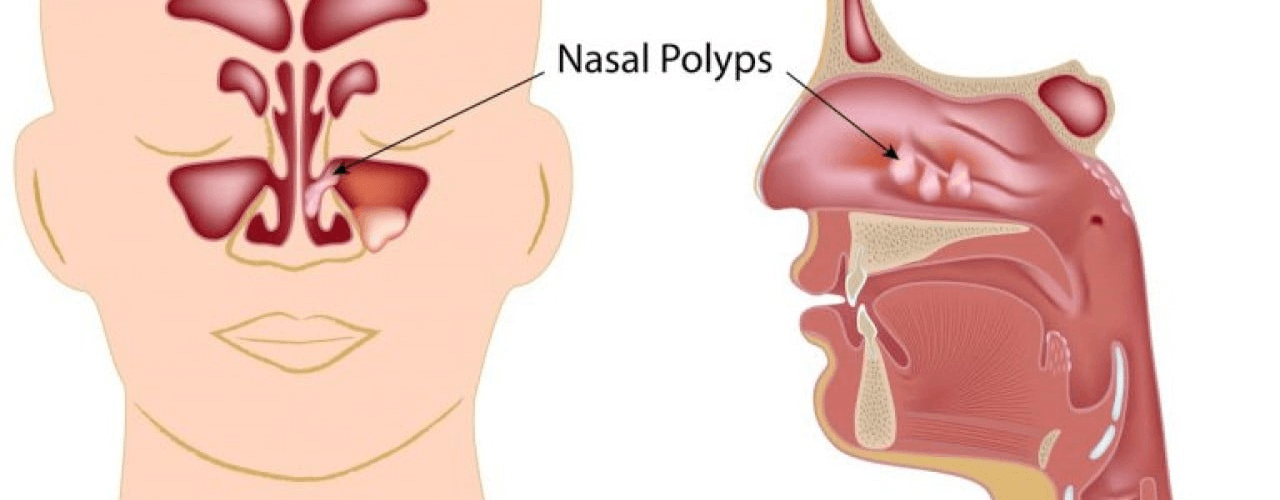Why Can I Not Smell Anything?
Losing your sense of smell can have an unexpectedly big impact on your quality of life. You might not realise how important this sense is until something happens to it. If you’ve noticed changes in your sense of smell then there are many possible reasons. Although the problem will often be temporary and anosmia isn’t usually a sign of anything serious it is important to find out the cause.
What is Anosmia?
If you have lost your sense of smell then you may hear this referred to as anosmia. Anosmia is the medical term used to describe the partial or total loss of the sense of smell. In many cases the loss will only be temporary, but anosmia can be a permanent condition. Anosmia is a symptom rather than a diagnosis and it can have many possible causes. Some of these causes can be serious, but a change in your sense of smell will usually be linked to a minor condition such as a cold or infection.
Possible Causes of Anosmia
Some of the most common causes of anosmia are minor illnesses that have cased temporary blockages in the nose. However, there are some more serious and potentially permanent causes of problems with your sense of smell.
The causes of anosmia can be divided into three main types:
- Inflammation or irritation in your airways: anything that irritates the delicate tissue lining your airways can affect your sense of smell. Common examples include allergies, sinus infections, colds and the flu, smoking and chronic rhinitis. The cause will often be easy to identify by your other symptoms and the effects are generally temporary.
- Blockages in your nasal passages: if the flow of air through your nose is obstructed it could affect your sense of smell. The blockage is most likely to be a nasal polyp, which can be removed to clear the airway. However, there is a chance that the growth could be a tumour. Some people also have deformities in their bone or cartilage that affects airflow. Surgery may be able to help with all of these issues.
- Damage to the nerves or brain: sometimes the problem lies in the system that processes the signals from our nose. Possible causes of this kind of damage include hormonal problems such as an underactive thyroid, certain medications, Multiple Sclerosis, Parkinson’s disease, Alzheimer’s disease, brain tumours, or having had brain surgery. Since many of these conditions can be very serious, it is important to talk to a doctor if you notice a change in your sense of smell. It could be a sign of an underlying problem that needs to be treated.
Our sense of smell can also deteriorate as we get older as a natural part of the ageing process, so if you notice that your sense of smell seems less intense than it used to be when you were younger, this could be completely normal. A small number of people are also born without a sense of smell as a result of a genetic condition.
When to See a Doctor?
It’s normal for your sense of smell and taste to be a bit off when you have a cold, but if it hasn’t returned to normal within a few weeks then you should see a doctor. You may need specialist tests to find out what’s wrong.
Losing your sense of smell won’t usually cause any serious health problems, but it can have a significant impact on your daily life. Without a sense of smell, simple tasks such as checking whether the milk has gone off can become impossible. You can also find it harder to eat a balanced diet if you no longer enjoy the flavours of your food. Some people even find that their mood suffers because they are no longer able to enjoy their meals of the scents of flowers and perfumes.
Since anosmia can have a profound impact on you and there is a small chance that changes in your sense of smell could be linked to something serious, it is a good idea to consult a doctor. Treatments are available that can help with many of the causes of anosmia and it can be important to know why your sense of smell has changed.














